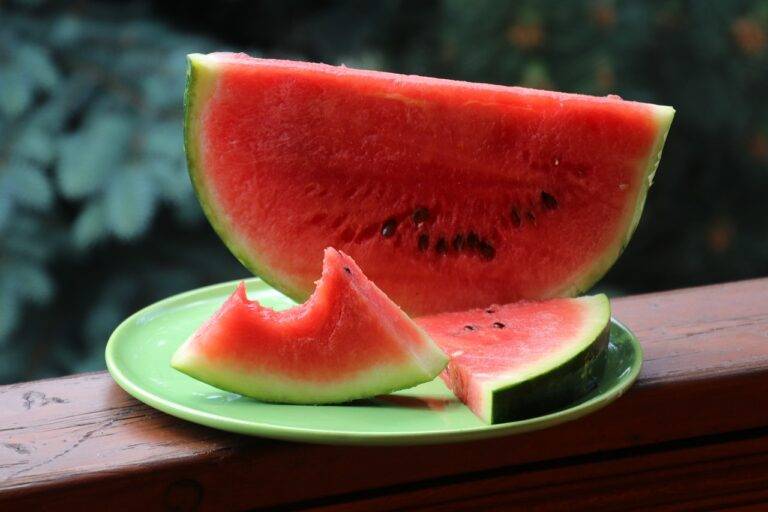The Role of Culinary Schools in Teaching
Culinary education provides individuals with the opportunity to refine their cooking techniques and expand their knowledge of various cuisines. By enrolling in culinary programs, aspiring chefs can learn the fundamental skills needed to excel in a professional kitchen setting. This formal training helps them gain expertise in food preparation, kitchen safety, and menu development.
Moreover, culinary education offers students the chance to network with industry professionals, which can lead to valuable career opportunities. Many culinary schools have partnerships with restaurants and culinary establishments, providing students with internships and job placements upon graduation. This hands-on experience allows aspiring chefs to showcase their skills and build a strong foundation for a successful career in the culinary arts.
Development of Culinary Skills
Developing culinary skills is a rewarding journey that requires patience, dedication, and practice. One of the key aspects of enhancing culinary skills is mastering various cooking techniques, such as sautéing, roasting, braising, and poaching. Understanding how different cooking methods affect the flavors, textures, and appearances of ingredients is essential for creating delicious and well-balanced dishes.
Moreover, learning about ingredient pairing and flavor profiles is crucial for expanding one’s culinary repertoire. Experimenting with different herbs, spices, aromatics, and sauces can help individuals discover unique and harmonious flavor combinations. Developing a keen sense of taste and an understanding of how different ingredients complement each other are essential skills for becoming a proficient cook.
What are some benefits of culinary education?
Culinary education can provide you with a strong foundation of cooking techniques, knowledge of different cuisines, and the skills needed to work in a professional kitchen. It can also help you develop your creativity, time management, and teamwork skills.
How can culinary education help in the development of culinary skills?
Culinary education can help you learn new cooking techniques, experiment with different ingredients, and understand the science behind cooking. It can also provide you with hands-on experience in a kitchen setting, allowing you to practice and refine your skills under the guidance of experienced chefs.
Is culinary education necessary for becoming a successful chef?
While formal culinary education can certainly be beneficial, it is not always necessary for becoming a successful chef. Many chefs have learned through apprenticeships, on-the-job training, or self-study. However, culinary education can provide you with a solid foundation and help you stand out in a competitive industry.
How long does it typically take to develop culinary skills?
The time it takes to develop culinary skills can vary depending on the individual and their level of dedication and practice. Some people may be able to pick up cooking techniques quickly, while others may need more time and practice to master them. Continuous learning and practice are key to developing and improving culinary skills.
Are there different levels of culinary education available?
Yes, there are different levels of culinary education available, ranging from short cooking classes and workshops to diploma programs and degree programs in culinary arts. These programs can vary in length and depth of study, catering to individuals with different levels of experience and career goals.





